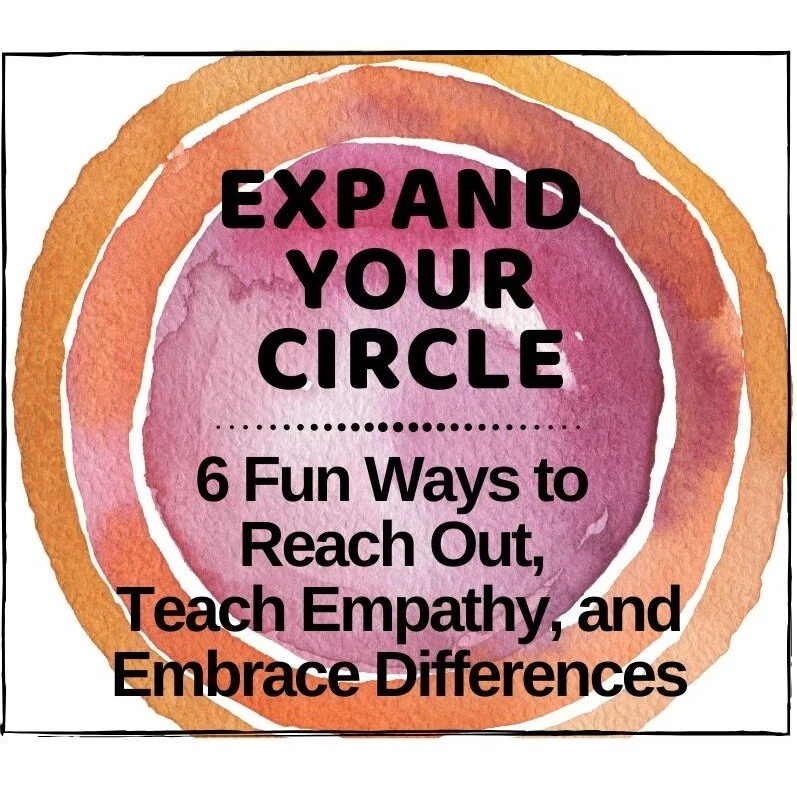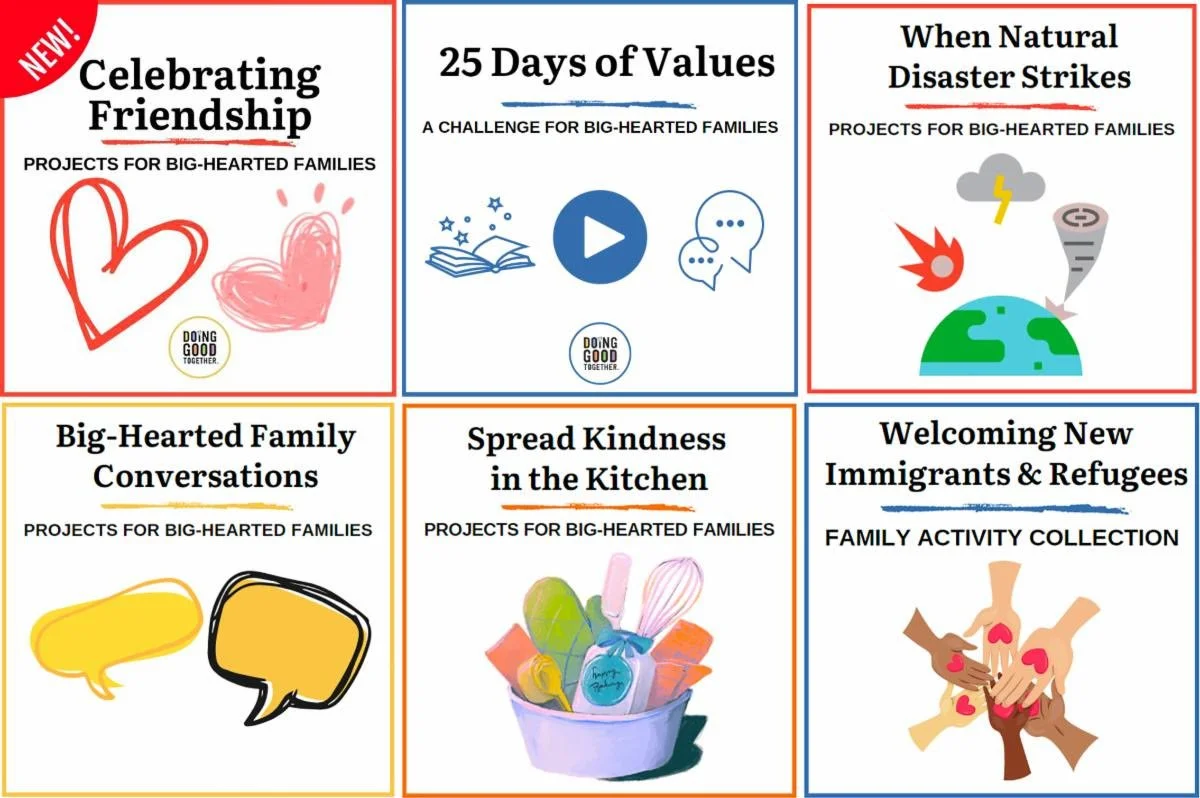Nurturing Empathy in Children: The Foundation of Emotional Intelligence
Empathy—the understanding of the feelings of another—is an essential trait to cultivate in children. It forms the bedrock of harmonious relationships, social interaction, and personal resilience.
In an age marked by rapid digital interaction, the ability to engage emotionally and understand others' perspectives is becoming increasingly important. For parents and caregivers, equipping youngsters with tools to express and interpret emotions constructively is pivotal to their future success and happiness.
Research shows that empathetic children are better adjusted socially, more likely to rise above peer pressure, and are less prone to aggression or bullying. They tend to become effective communicators and find it easier to form bonds with others. Empathy also empowers children to understand and cope with their feelings and the feelings of others.
Together, let’s raise empathetic kids that strive to do good in the world.
With gratitude,
– MiaLisa Millares, Executive Director
ACTIONS
The Feelings Wheel
Introduce children to the "feelings wheel," a powerful visual aid that categorizes primary emotions and their nuanced derivatives. Helping children verbalize their feelings with precision lays the groundwork for empathetic understanding.
Emotional Check-Ins
Help children to reflect on their experiences and articulate how they feel. This practice encourages empathy by making them more attentive to others' emotional cues. Ask your kids to share their highs or lows (or their rose and thorn) of the day at dinner time. This gives them a chance to share their feelings and you an opportunity to better understand what they have going on at school! Needing to build up a vocabulary of feelings? Try our printable Feelings Word Search!
Storytelling and Role-Playing
Use our book lists to help imbue empathy in children and introduce them to social justice issues. Engage children in story creation and role-playing where they embody characters with different emotions. This exercise encourages perspective-taking and fosters a deeper understanding of varied emotional experiences.
Volunteer with Kindness
One way to help with empathy is to teach children about the different issues that are pressing in the world and how they can help. Such activities underscore the significance of understanding others' circumstances, a primary component of empathy. Each month we provide several family-friendly volunteer listings. We take the legwork out of finding the opportunities so that you can enjoy the experience!
Check out our free volunteer listings. Simply subscribe to the list and receive a free monthly email that details a number of different opportunities in your community to give back as a family. See our volunteer listings by location:
Sign up for weekly kindness inspiration and tips
If you are not already one of our DGT Family members, check out this exclusive membership program that inspires families to maintain a kindness practice together. Many of our membership offerings are also available as individual kits to help promote empathy and big-hearted conversations with your kids.
CONVERSATIONS
The great thing about feelings is that they create many opportunities for BIG conversations. While it's good to discuss how your child or another person is feeling in the moment, it is also important to talk about feelings when your child is not caught up in emotion.
Ask your child the highs and lows of their day.
Tell me about a time you felt happy/sad/angry?
How do you think they feel?
What would you do in their shoes?
Can we help them feel better?
READ
The Art of Talking With Children by Rebecca Rolland
This book serves as a comprehensive guide for parents, teachers, and anyone who interacts with children on how to effectively communicate and foster meaningful conversations. Through real-life examples and easy-to-implement tips, Rolland illustrates how enhancing our conversations with children can build empathy, boost confidence, and strengthen the emotional connection between adults and children, laying a foundation for healthy, empathetic, and effective communication.
INSPIRATION
"The best way to find yourself is to lose yourself in the service of others."
—Mahatma Gandhi










